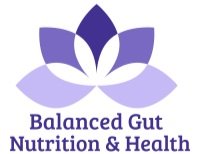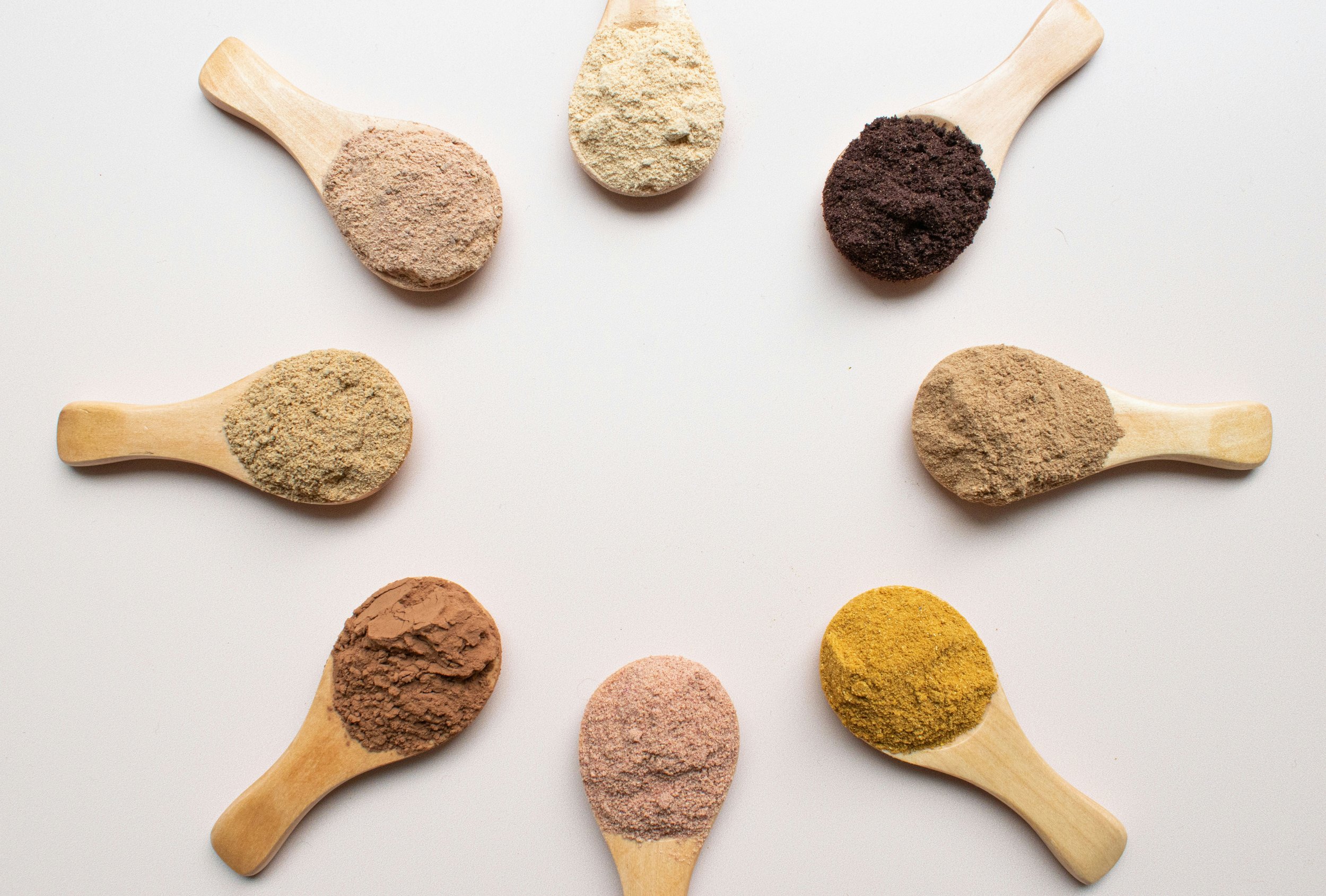Debunking Protein & Protein Powder Myths with a Nutritionist
Protein and especially protein powders have become a staple in the wellness world, often touted as essential for anyone looking to be “healthier,” “stronger,” or “more energized.” While protein is definitely important, the conversation around how much we actually need (and whether supplements are necessary) can get a bit distorted. In this post, I’m breaking down common myths about protein needs, when protein powders might be helpful, and how to approach protein in a way that supports your health without the pressure or hype.
To be clear, I’m a fan of protein - it’s essential…we need it to live, it keeps us feeling full…it’s a fabulous nutrient!
What I don’t love are marketing claims telling you you have a higher need for a nutrient that - spoiler alert - most Americans are already getting more than enough of.
Protein - The “Popular” Macronutrient
If there were a popularity contest between the three essential macronutrients - carbohydrates, protein, and fats - I believe protein would win, hands down. (As a refresher, macronutrients are nutrients we need in larger quantities to provide daily energy and function.)
That’s not just my opinion; there’s actual research to support this. This study shows a significant market expansion - globally - of “high-protein” products - up 325% from 2013 to 2023 - as well as increased labeling claims and increased diversity in sources (including more plant-based options) over those 10 years.
This aligns with several diets emphasizing increased protein intake (hello, Atkins, Paleo, and Carnivore), alongside the impressive number of companies launching protein bars and powders.
Protein content is highlighted on the front of practically everything these days (including candy bars!), as well as non-food items, like self-care products. (Apparently, my facial toner and night cream are enhanced with protein - who knew!)
Protein is the cool kid - so it gets a ton of attention - even more so when fats and carbs get frequently demonized.
How Much Protein Is “Enough?”
Don’t get me wrong, we need protein - it helps build and repair tissues, supports immune function, and plays a crucial role in muscle growth and maintenance. I appreciate that people are aware of protein and its benefits.
However, more isn’t always better, and I think we’ve tipped from “aware” to “over-aware.”
The Recommended Dietary Allowance (RDA) for daily protein intake is about 0.36 grams per pound (for adults), though every person’s needs will differ slightly.
Admittedly, I don’t focus on the numbers too much with my clients; most people don’t need to track every gram of protein to ensure they’re getting enough. My suggestion? Consider the bigger picture: it’s more about the cumulative effect over time. Most people will likely meet their protein needs by simply trying to include higher protein foods as some part of their meals or snacks, while also acknowledging that not every meal/snack needs to be high in protein.
Here are a few foods that are generally considered “high protein”:
Chicken breasts
Salmon filets
Eggs
Yogurt
Tofu
Lentils + beans
Spinach
Nut butters
Full-fat milk
Almonds + pumpkin seeds
Protein bars
Protein-enriched:
Pastas
Breads
Cereals
Granola
Ideally, protein is simply one part of your cumulative meal(s) because fats, carbs, fiber (fruits and veg) all have a valuable place on your plate. Eating too many foods high in protein can crowd out space for other satiating foods. (And if you’re a dessert person like me, I like having room for dessert too, if/when I feel like it!)
If you’re staying full between meals, have steady energy, and recover well from activity, you’re likely getting enough protein. It’s about balance and how you feel.
That said, there are a few caveats:
Specific populations will have increased protein needs:
Elderly folks (65+)
Pregnant + breastfeeding individuals
Folks recovering from illness or surgery
Athletes/highly active individuals
People with chronic/severe kidney issues may have decreased protein needs
In these instances, I recommend working with a nutrition professional to find the appropriate amounts.
What Happens If You Get Too Much?
There’s debate about whether consistently eating excess protein (more than ~0.91 g/pound daily) may lead to potential kidney strain, as well as increased risk of certain cardiovascular and metabolic functions, including insulin resistance.
Constipation, bad breath, foamy urine, and dehydration are a few signs of too much protein intake.
What About Protein Powders?
If it fits your budget and doesn’t add extra financial strain, I’m good with protein powders when life is busy or to add some nutrient-density to a dish if you're craving protein. Protein powders are great to throw into a smoothie, for example. Sometimes I’ll throw some protein powder into a veggie soup, acai bowl, or even oatmeal, if I feel like I need that balance.
If you're on the go or having a week where meals aren’t quite coming together, a protein powder can be a helpful option to fill in the gaps. But most people don’t need to use protein powder daily. It’s all about listening to your body and finding what works best for you in the moment.
The Bottom Line
The “popularity” of protein isn’t going to diminish anytime soon, which means it will continue to be front-and-center in so much of the dietary advice and advertisements you see. Don’t get distracted by the sparkly noise!
While protein is essential for our daily functioning and health, most people are likely already getting enough, and it's simply one of many important nutrients to consider incorporating into meals. Protein powders can be helpful in times of need (if they fit your budget), but most people don't need to use them daily.
If I’m being honest, when I’m working with clients, protein is rarely the nutrient I’m concerned about. Fiber is the one I find a lot of folks fall short on. Fiber supports digestion, gut health, blood sugar, and heart health, yet most Americans fall short of the recommended intake. That’s a topic for another blog post, but I mention it because when asked about protein, fiber is the one I tend to look at more, so I wanted to share that with you, too.
And if you’re wondering why I used the word “unfold” a few times, it’s to honor protein(s). Fun fact: proteins “fold” into 3D structures, which is crucial to how they function. Here’s a quick article, if you’re interested in learning more!

